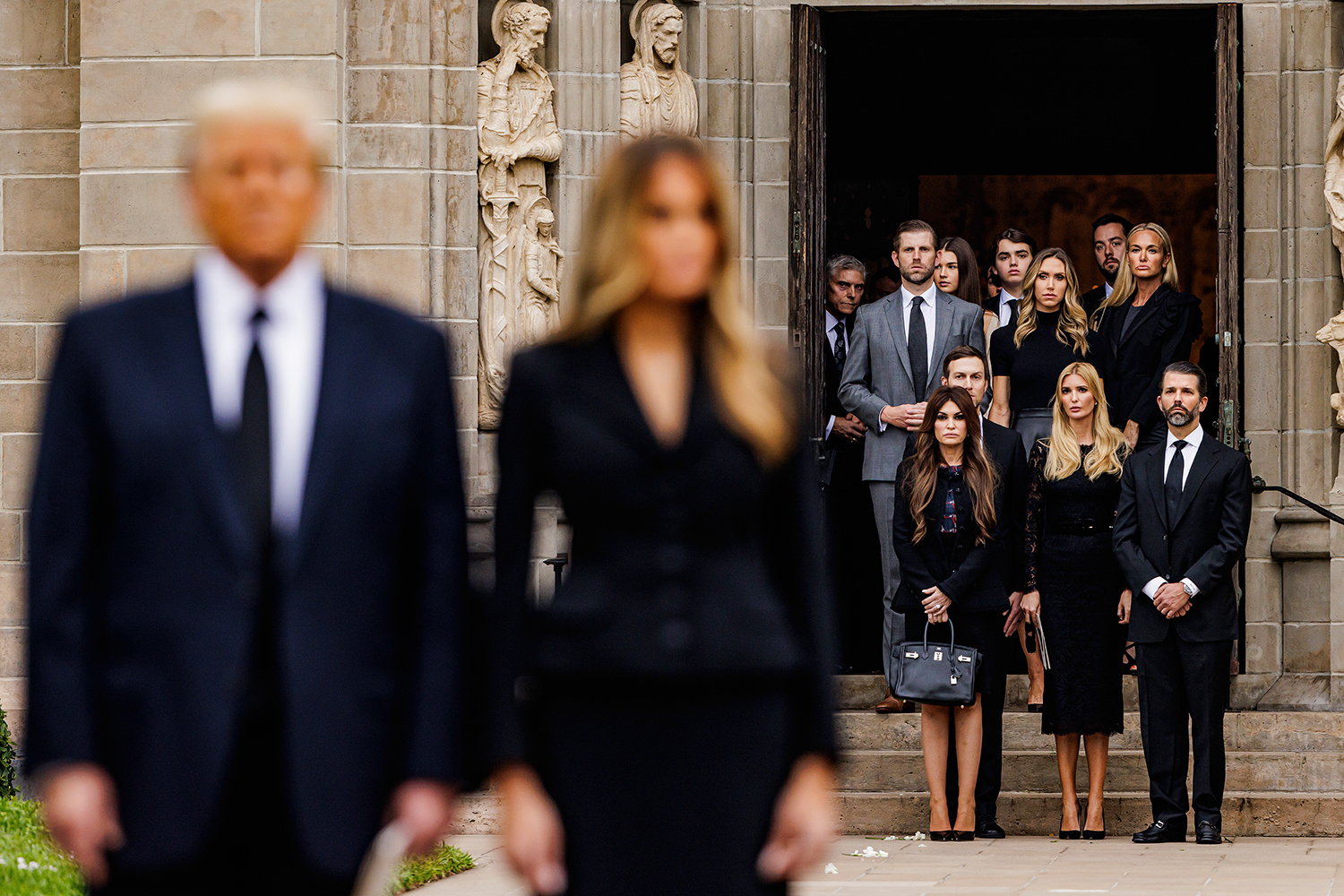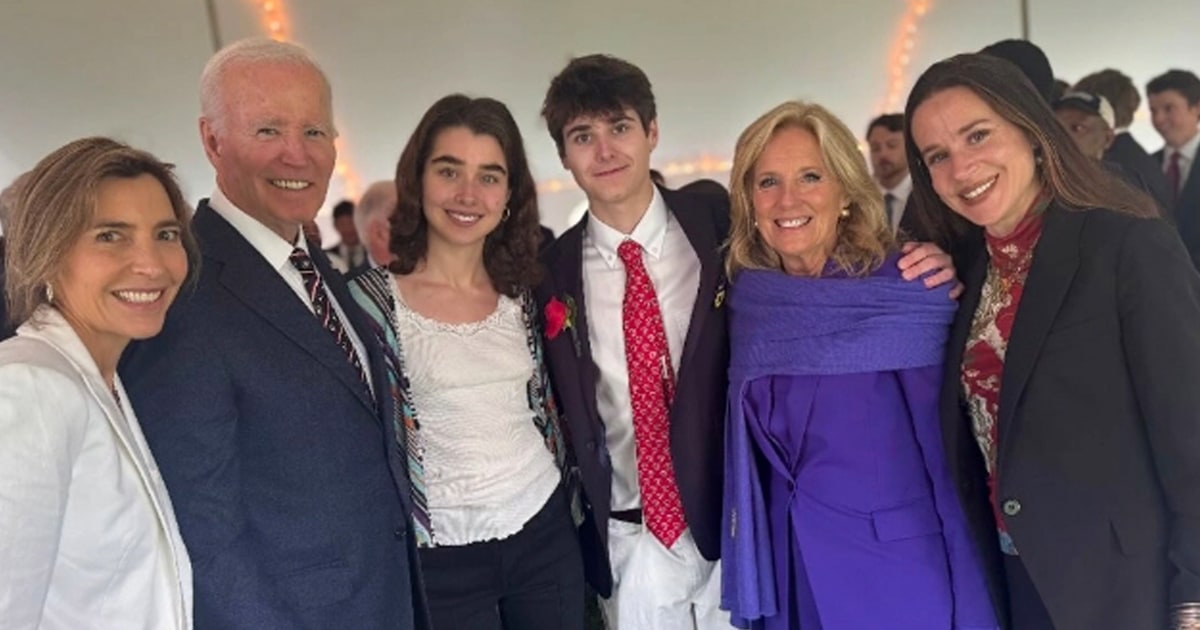It's not in truth it's basic economics for an economist like Bessent. It became a loaded question because Bessent was struggling to formulate an explanation that wouldn't make him say that the consumer has to pay it or some of it as it would make Trump angry. It's either the consumer or the distributor/producer/importer. But most of the time will be the consumer or the major part of the percentage of the tariff will be paid by the consumer because the distributor/producer/importer need to make some good enough profit from it. Trump was not happy with Bezos when Amazon planned to start showing how much of each product's cost derived from tariffs “right next to” its total listed price. Amazon was considering displaying the U.S. tariff costs on its product listings. After Trump called Bezos Amazon backed down from the plan.It's a loaded question.
From CNN:
The White House took aggressive aim at Amazon, with President Donald Trump putting in a call to Amazon founder Jeff Bezos Tuesday morning, after the company considered displaying the added cost of tariffs on certain items.
Trump called Bezos to complain about reports that Amazon was considering displaying the cost of US tariffs next to prices for certain products on the company’s website, two senior White House officials told CNN. Trump later said it was a “good call.”
“Jeff Bezos was very nice. He was terrific,” Trump told reporters on Tuesday. “He solved the problem very quickly. Good guy.”
Punchbowl News first reported that Amazon will soon “display how much of an item’s cost is derived from tariffs — right next to the product’s total listed price.” The move could directly illustrate to American consumers how Trump’s tariffs are affecting the cost of goods. Trump has slapped 145% tariffs on imports from China and a 10% minimum tax on all other countries.
The call came shortly after one of the senior officials phoned the president to inform him of the story.
“Of course he was pissed,” one of the officials, granted anonymity to speak candidly, told CNN. “Why should a multibillion dollar company pass off costs to consumers?”
At a briefing Tuesday, White House Press Secretary Karoline Leavitt called the move a “hostile and political act,” adding that she had spoken about the matter with President Trump earlier.
Commerce Secretary Howard Lutnick echoed Levitt’s comments, saying it’s a hostile act if a company goes out of its way to “make it seem” like tariffs have caused prices to change.
“It’s nonsense,” he said Tuesday in a CNBC interview. “A 10% tariff is not going to change virtually any price,” he added, referring to the nearly universal baseline tariff on all countries. “The only price will change would be a product that we don’t make here, like a mango.” The 10% tariff, however, is hardly the only one in effect.
An Amazon spokesperson said in a statement to CNN that the move “was never a consideration for the main Amazon site and nothing has been implemented on any Amazon properties.”
Amazon, however, said it was considering the “idea of listing import charges on certain products” on Haul, its spinoff website that sells items below $20, but the change wasn’t rolled out.
“To the large businesses that sell to consumers, I say show your customers how much tariffs are hurting in their pocketbook. People deserve to know the impact tariffs have on their finances,” Schumer said in remarks delivered on the Senate floor.
Other e-commerce websites, like Shein and Temu, have said they implemented changes to their pricing due to the cost of tariffs. Temu has even introduced a new import charge that is displayed at checkout. Both companies source most of their products from China.
Last edited:




